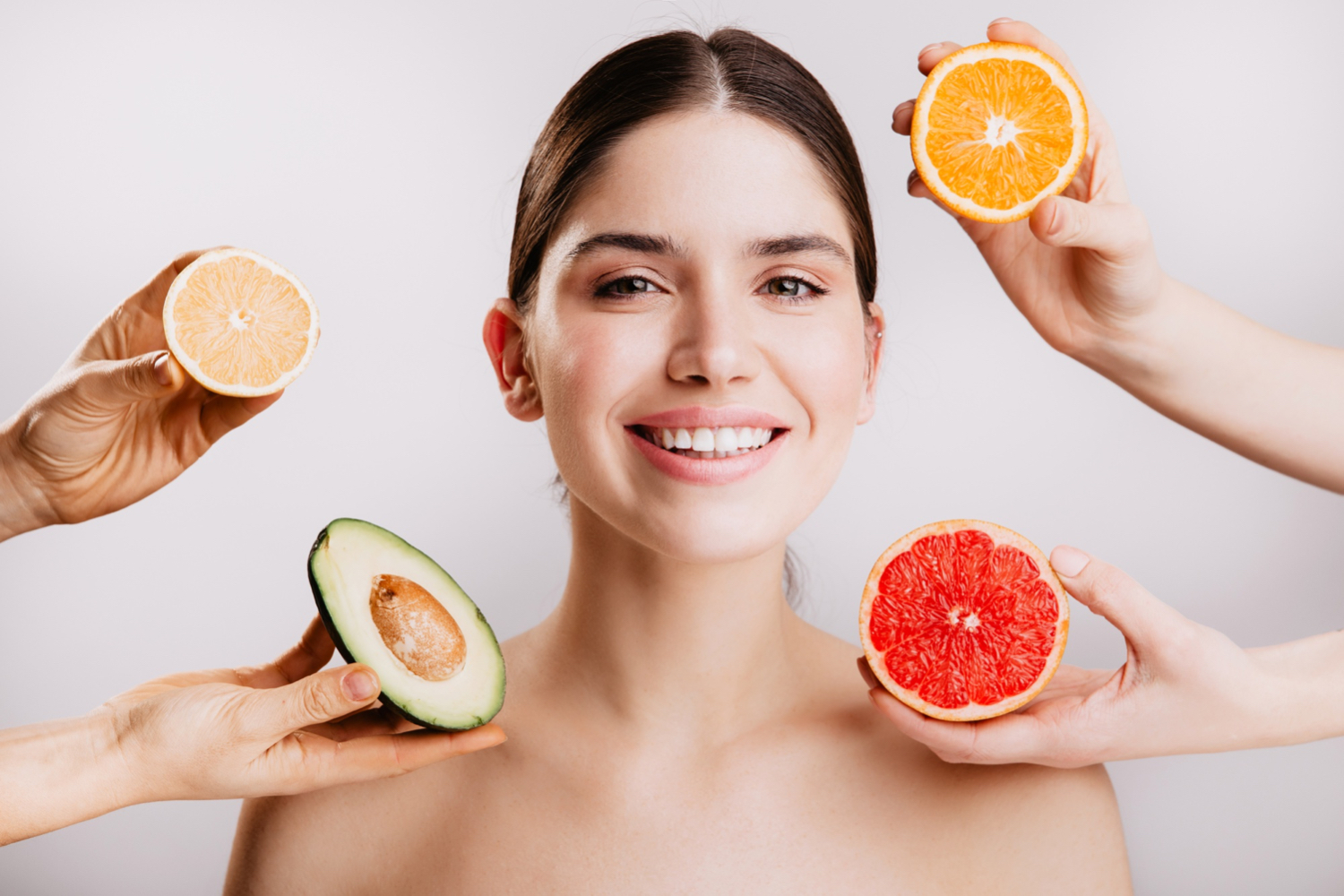How you see the skin on your face tells a lot about how you take care of it. You might be getting services from an aesthetic salon in California, such as Modesto Botox, or you might just be eating well. The relationship between diet and skin health is a topic of increasing interest and research within the realms of dermatology, nutrition, and holistic wellness. While the impact of food on skin appearance is multifaceted and varies from person to person, there are several key ways in which dietary choices can influence the look and feel of your skin.
Inflammation and Skin Health
One of the primary mechanisms through which food affects the skin is through inflammation. Certain foods, particularly those high in refined sugars and unhealthy fats, can promote inflammation throughout the body, including the skin. Chronic inflammation has been linked to various skin conditions such as acne, eczema, and psoriasis. In contrast, a diet rich in anti-inflammatory foods such as fruits, vegetables, and omega-3 fatty acids from sources like fish and nuts may help reduce inflammation and promote clearer, healthier-looking skin.
Antioxidants and Skin Protection
Moreover, the role of antioxidants in skin health cannot be overstated. Antioxidants help protect the skin from damage caused by free radicals, which are unstable molecules that can lead to premature aging and other skin issues. Foods rich in antioxidants, such as berries, leafy greens, and colorful fruits and vegetables, can help combat oxidative stress and support radiant skin. You may need even more of the right nutrition if you have sensitive skin.
Hydration and Skin Moisture
Hydration is another crucial factor in maintaining skin health. Proper hydration helps keep the skin hydrated from the inside out, preventing dryness, dullness, and the appearance of fine lines and wrinkles. While water is the primary source of hydration, consuming hydrating foods such as cucumbers, watermelon, and celery can also contribute to overall hydration levels and promote a plump, youthful complexion.
Nutrients for Skin Structure
The balance of essential nutrients in your diet also plays a significant role in skin health. For example, protein is essential for the production of collagen and elastin, which are structural proteins that help maintain skin firmness and elasticity. Including adequate protein sources such as lean meats, poultry, fish, tofu, and legumes in your diet can support healthy skin structure and function.
Micronutrients for Skin Function
Furthermore, micronutrients like vitamins and minerals are vital for various skin functions, including cell turnover, repair, and regeneration. Vitamin C, for instance, is essential for collagen synthesis and skin repair, while vitamin E acts as a potent antioxidant, protecting the skin from oxidative damage. Minerals like zinc and selenium are also important for skin health, contributing to wound healing and immune function. Incorporating a diverse range of nutrient-dense foods into your diet ensures that you’re providing your skin with the essential building blocks it needs to thrive.
Negative Dietary Factors
On the other hand, certain dietary factors can negatively impact skin health. High-glycemic foods, which rapidly raise blood sugar levels, have been associated with an increase in acne severity. Additionally, dairy products, particularly those high in hormones and processed dairy, may exacerbate acne in some individuals. It’s essential to be mindful of these potential triggers and consider moderating consumption or opting for alternatives if you notice adverse effects on your skin.
The Gut-Skin Connection
Another fascinating aspect of the diet-skin relationship is the gut-skin axis, which highlights the interconnectedness between gut health and skin condition. Emerging research suggests that the balance of bacteria in the gut, known as the gut microbiota, influences various skin conditions, including acne, eczema, and rosacea. Consuming probiotic-rich foods such as yogurt, kefir, and fermented vegetables can support a healthy gut microbiome, potentially improving skin health from the inside out.
Individual Variations and Considerations
It’s essential to recognize that individual differences play a significant role in how diet affects skin. While certain foods may be beneficial for one person, they could trigger reactions or exacerbate skin issues in another. Keeping a food diary and paying attention to how your skin responds to different foods can help identify personal triggers and tailor your diet accordingly. Additionally, consulting with a healthcare professional or dermatologist can provide personalized guidance and recommendations based on your unique needs and skin concerns.
Conclusion
In conclusion, the food you eat has a profound impact on the look and feel of your skin. By incorporating a balanced diet rich in anti-inflammatory foods, antioxidants, hydration-promoting foods, and essential nutrients, you can support healthy, radiant skin from within. Conversely, being mindful of potential dietary triggers and their effects on your skin can help mitigate negative outcomes and promote overall skin wellness. Remember that skincare is not just about what you apply topically but also about nourishing your skin from the inside with wholesome, nutrient-dense foods that support its health and vitality.
